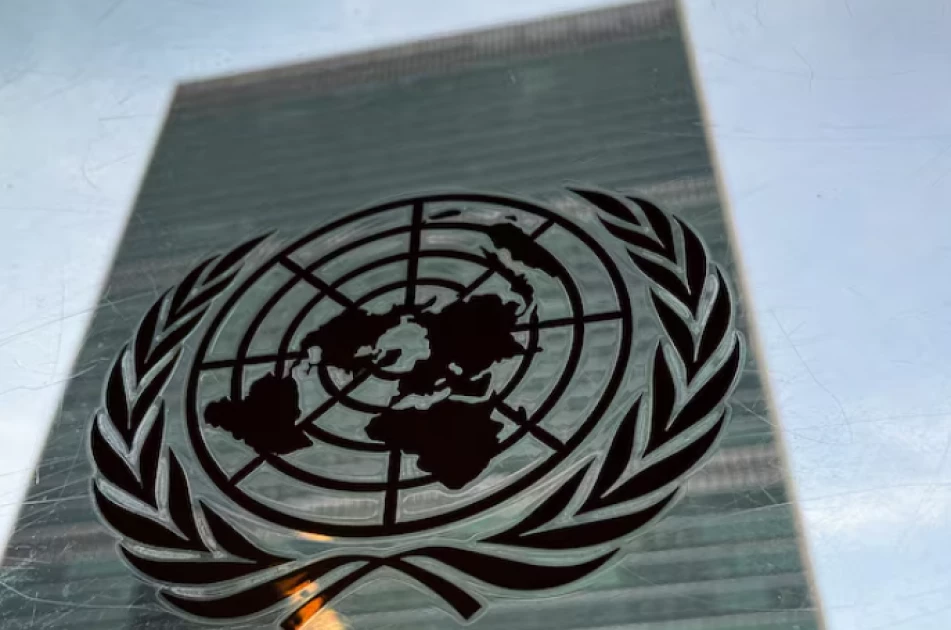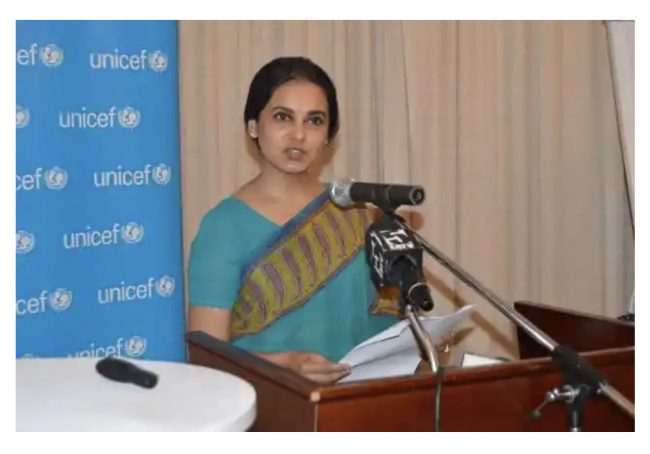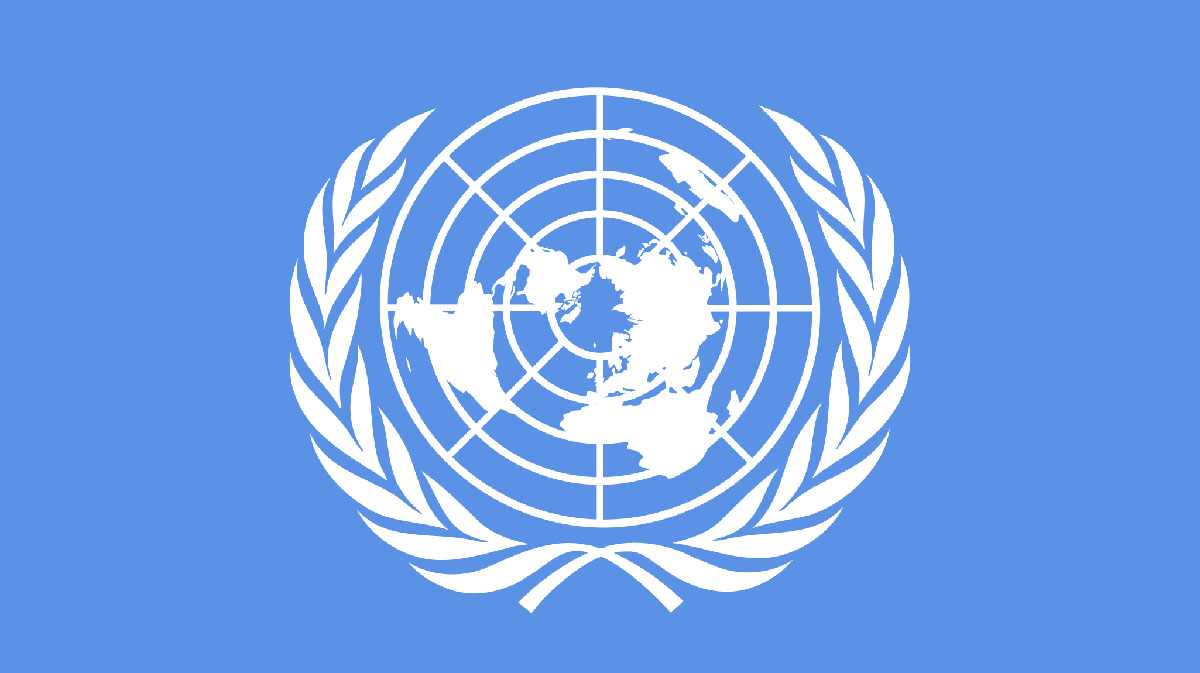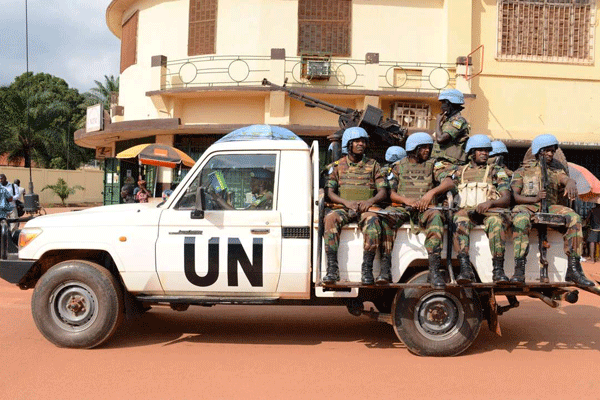Ruto warns UN faces irrelevance without reform
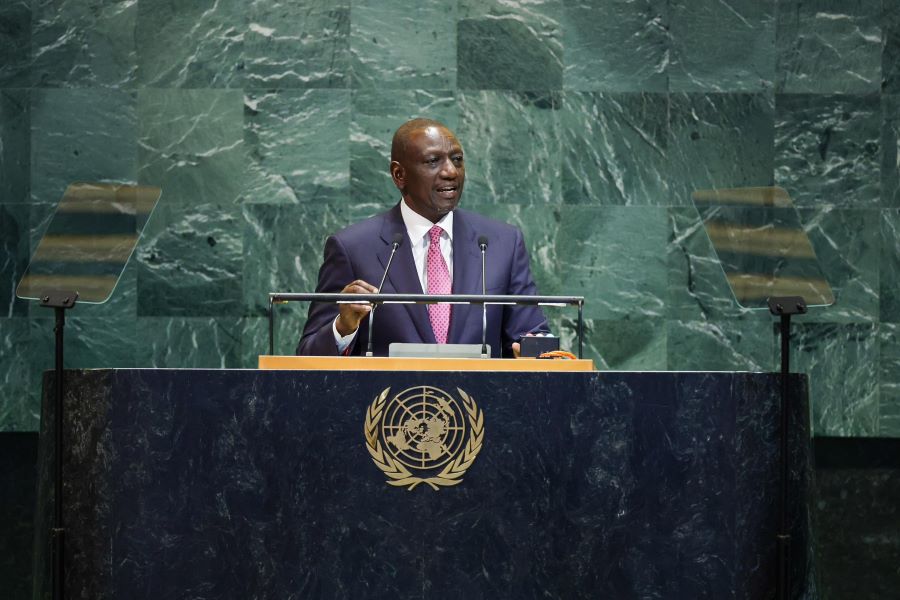
President William Ruto has warned that the United Nations risks “its own survival” unless it undergoes urgent institutional reform to reflect global realities.
In an interview with France 24 on the sidelines of the UN General Assembly in New York, Ruto said, “Unless the UN is reformed, its own survival is at stake.”
He urged a complete overhaul of both the UN Security Council and the international financial architecture, arguing that the world body no longer represents the geopolitical and economic realities of the 21st century.
“The decision-making, the whole architecture about the organisation being representative, being democratic, being alive to the challenges that exist today and the realities of the moment—that is why Africa has pushed for the reform of the United Nations Security Council and the reform of the international financial architecture,” Ruto explained.
Addressing world leaders at the UN earlier in the week, Ruto described Africa’s exclusion from permanent membership of the Security Council as “unacceptable, unfair, and grossly unjust.”
He called for at least two permanent seats with full rights, including veto power, and two additional nonpermanent seats for Africa.
“You cannot claim to be the United Nations while disregarding the voice of 54 nations. It is not possible,” he said, noting that Africa dominates much of the Council’s agenda, provides major peacekeeping contingents, and “bears the heaviest costs of instability, yet remains the only continent without a permanent seat at the main table.”
“Reforming the Security Council is not a favour to Africa or anybody. It is a necessity for the United Nations’ own survival. If the UN is to remain relevant in this century, it must reflect today’s realities, not the postwar power arrangements of 1945,” Ruto added.
His remarks align with the African Union’s Ezulwini Consensus, the continent’s common position on UN reform, under which African leaders have been coordinating to demand fair representation and an end to structural marginalization within the international system.
